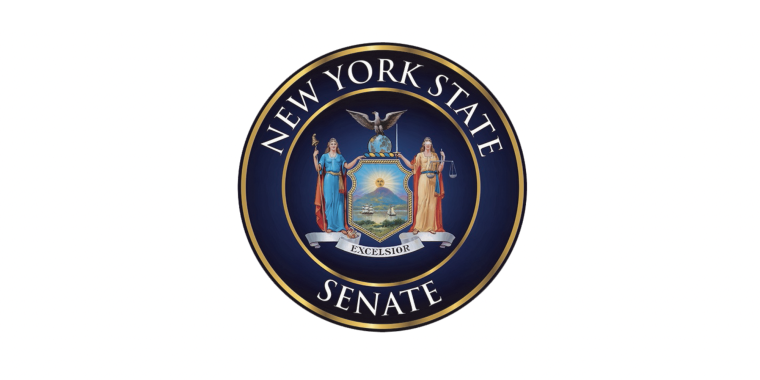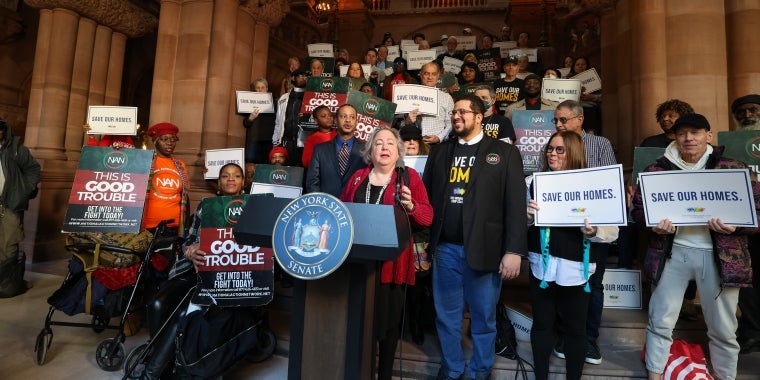
Ethics Law Just First Step, Reformers Say
By Karen DeWitt
Governor Cuomo signed into law new ethics oversight legislation, but some say the measure is flawed, and that there is still work to be done to fight corruption in government.
Cuomo signed the ethics law without fanfare or a public ceremony. In a statement, he touted the new stricter requirements for disclosure of lawmakers' outside income, a 14 member ethics panel empowered to probe charges of corruption, and the elimination of pensions for elected officials in the future who are convicted of a felony. Cuomo called it a "major step forward in restoring the people's trust in government and changing the way Albany does business".
Some legislators who have been long time supporters of reform say the new law falls short, though, in a couple of key ways. Senator Liz Krueger, a Democrat from Manhattan, says on the positive side, the new law serves as an "instruction manual" for lawmakers seeking guidance on ethical behavior.
"I give the governor kudos for getting us this far," said Krueger.
But, Senator Krueger says she's irked that the pension forfeiture only applies to new lawmakers. Current or former elected officials get to keep their pensions, even if they are found guilty of felonies. She says that means, for example, if former Senate Majority Leader Pedro Espada, who faces federal charges that he stole millions of dollars from his Bronx based health care clinics, were convicted, he would still keep his pension.
At the time the bill was passed, legislative leaders and Governor Cuomo admitted that compromises were made to reach agreement on ethics reform that eluded state government for years.
Some of those trades can be seen in the make-up of the 14 member panel that will oversee corruption probes. Senate Republicans will have three appointees, and Senate Democrats will have just one, even if the precariously balanced state Senate now run by the GOP, shifts back into Democratic hands. In the Assembly, Democrats get three appointees in perpetuity, to the Republicans' one.
At least 8 members of the board have to agree to an investigation, and at least two must be of the same political party, a rule that could mean just 3 commission members could black the wishes of 11 other members of the panel. Senator Kruger says that's a concern.
"This wasn't supposed to be a get out of jail free card," said Krueger.
At the time of the ethics agreement, supporters said they wanted protections against potential political witch hunts.
Senator Krueger and others say they view the ethics law as the first step in a series of measures aimed at cleaning up what they say is a culture of corruption.
The next step, says Barbara Bartoletti, with the League of Women Voters, is campaign finance reform, including public financing of campaigns and a ban on politicians using campaign funds for personal expenses.
"Campaign finance reform is the lynchpin to making sure that our New York State government returns to the issues that the people are worried about," said Bartoletti. "And not the issues that the special interests are worried about".
Bartoletti says the other major priority is independent redistricting, to ensure that new Senate, Assembly and Congressional lines required by the census bureau are drawn fairly, and without resorting to gerrymandering.
She says those two key reforms could end the pattern of 96% to 98% of lawmakers getting re-elected over and over again, something she calls the "incumbency protection program".
Adds Senator Krueger, round one of ethics reform is over, now it's time for the next phase.
"Like in boxing, round two follows up very quickly after round one," said Krueger.
She says she'd be happy to return as early as this fall to work on that. The legislature is likely to return in October to approve union contracts and act on a federally mandated health care exchange. Reform items are not yet on the agenda.


